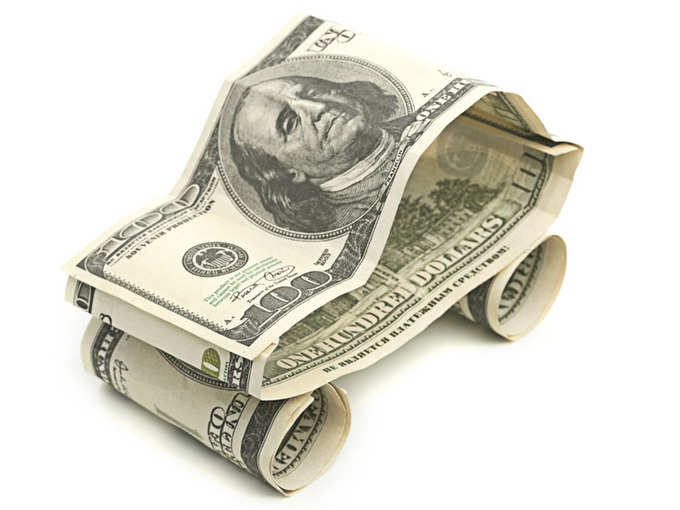 In its annual monetary policy announced on April 1, the Reserve Bank of India (RBI) issued an advisory to banks asking them to consider abolishing pre-payment penalty on floating rate loans. The regulator has also indicated that if banks failed to implement the advisory, it might make it mandatory. If implemented, the move will benefit borrowers of auto, personal, education loans, who are unable to switch over to cheaper loans due to the stiff prepayment penalty of 0.5% to 4%.
In its annual monetary policy announced on April 1, the Reserve Bank of India (RBI) issued an advisory to banks asking them to consider abolishing pre-payment penalty on floating rate loans. The regulator has also indicated that if banks failed to implement the advisory, it might make it mandatory. If implemented, the move will benefit borrowers of auto, personal, education loans, who are unable to switch over to cheaper loans due to the stiff prepayment penalty of 0.5% to 4%.Earlier, the RBI had scrapped the pre-payment penalty on floating rate housing loans. The regulator's working committee's draft report on credit pricing also calls for more transparency, fairer pricing and penalty structures. Clearly, it indicates the path the RBI wants banks to follow.
"In spirit, the advisory's objective is to promote transparency in pricing. Often, we have seen that the interest burden on car loans or personal loans never goes down, as rate cut benefits are rarely passed on to the customers. An option to switch or pre-pay without any obstacles could force banks to treat their existing customers on par with the newer ones," says Harshvardhan Roongta, CEO, Roongta Securities.
In the absence of this penalty, the customer can shift the loan to another bank that offers a cheaper rate. "The process (of transferring loan) will be easier if pre-payment penalty is abolished. At the same time, the pricing of loans by banks will also be competitive to ensure that good customers remain with the bank," adds VN Kulkarni, chief credit counsellor with the Bank of India-backed Abhay Credit Counselling Centre.
Clean Your Portfolio
Experts say borrowers shouldn't hold on to their existing "unproductive" loans like auto and personal loans in anticipation of an abolition in penalty for pre-payment of loan. They advise individuals to clear them with higher interest rate, even if it means paying the penalty. Credit counsellors call for full pre-payment of car, personal and credit card dues. "Prepaying a loan which has no benefit for holding on to is always advised.
Credit card or personal loans should be closed as soon as the requirement is over, and with the first available cash in hand," says Sukanya Kumar, founder and director, RetailLending.com, a loan aggregator and advisory portal.
In the months of April and May, corporates hand out annual increments and bonuses to their employees. You can use the lump-sum amount to repay your loans. However, before that, set aside an amount equal to six months' expenses for a contingency fund, and buy life and health policies if you do not have adequate insurance cover.
Home loans and education loans, meanwhile, are considered 'good'. It necessitates a cost-benefit analysis before taking a call on full pre-payment.
Both the loans lead to creation of assets — tangible and intangible respectively — apart from yielding considerable tax benefits. Hence, they are considered 'good' loans. The pre-payment of such loans, therefore, will depend on your assessment of actual savings, which is not the case with personal, credit cards or car loans.
Points to Bear in Mind
If you do decide to go ahead with full pre-payment, ensure that you see the procedure through till the end. Don't assume that your loan will be considered closed once you deposit the required funds into the loan account. "Borrowers need to inform banks when they pre-close. If you just make the payment, the loan may still remain open and incur an annual fee," points out Kumar.
Then, there are other aspects to be taken care of.
"Enquire about the exact amount of outstanding balance for the actual date of closure. For example, if you enquire today and go for a closure after three days, the bank may have not factored these three days' interest. So, even after you pay, this amount could be treated as 'balance due', though you believe you have closed the loan," she adds. Also, take back all blank cheques you would have given to the bank during loan disbursal.